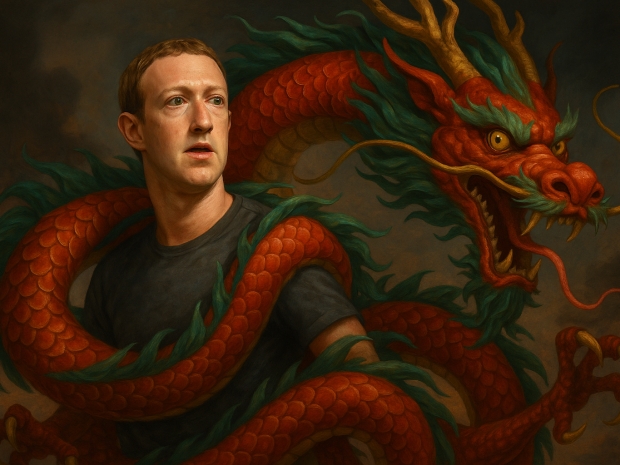Shandong-based Goertek has been muscling deeper into the industry with a spree of acquisitions and tie-ups, giving it even more control over Meta’s hardware ecosystem.
Sources said Goertek is building Meta’s next smart glasses, dubbed “Hypernova”, which are expected to be shown off this week. The company has swallowed Shanghai OmniLight, a maker of micro-nano optics for wearables, and bankrolled a takeover of UK-based optics supplier Plessey.
Meta has been trying to shuffle some of its gadget manufacturing out of China. Earlier this year, production of its Quest VR headsets began in Vietnam, though one insider said Goertek remains one of its key partners there too.
According to a Financial Times deep throat: “Goertek is very aggressive. Early on, they spotted the opportunity presented by the metaverse. Meta has no choice but to work with them because they are the most stable and reliable supplier for key components.”
The ongoing dependence on Goertek sits uneasily with Zuckerberg’s more recent chest-thumping about outpacing China in AI. Facebook was banned in China in 2008, but he spent years lobbying for a way back in. Those efforts tanked, leaving local rivals to seize the market.
By this year, sources said Zuckerberg was telling President Donald Trump that the US needed to lead in AI against China, underlining his pivot from China cheerleader to Cold War warrior.
Meta has been burned before by its reliance on Goertek. In 2022, the Chinese firm flogged a cheaper lookalike of Meta’s Quest headset on local ecommerce sites, sparking debate inside the company about a lawsuit. In the end, executives chickened out.
Goertek still makes Meta’s Quest headsets and Ray-Ban smart glasses and supplies other parts. Meta insists it has plenty of other suppliers in Japan and the US.
“We have a robust, diversified supply chain so we’re not solely dependent on any one manufacturer, and we’re constantly reviewing and exploring supply chain opportunities around the world,” the company said.
Meta bought Oculus in 2014 and rebranded its kit as Quest in 2021 when it announced its multibillion-dollar metaverse plan. Zuckerberg has since shifted focus to becoming an “AI leader”, pushing lighter wearables infused with his AI models.
He is also mixing tech ambitions with defence contracts. Chief technology officer Andrew Bosworth was this June commissioned as a reserve lieutenant colonel for the US Department of Défense to advise on AI use in the military. Meta teamed up with defence outfit Anduril to design AR and VR headsets for the US army.
The Ray-Ban Meta glasses, made with EssilorLuxottica and packing speakers and cameras, sold 2 million pairs between September 2023 and February 2025.
According to Bloomberg, the upcoming Hypernova models will feature a tiny lens display capable of showing AI notifications and prompts directly in the wearer’s field of view,
Print this page
Published in
News
Meta's specs tangled by Chinese supply chain
Goertek tightens its grip on smart glasses production
A top Chinese hardware outfit has tightened its hold over Meta’s supply chain for its AI-powered spectacles, despite Mark Zuckerberg’s attempts to cosy up to the Trump administration’s anti-Beijing crusade.
Tagged under

